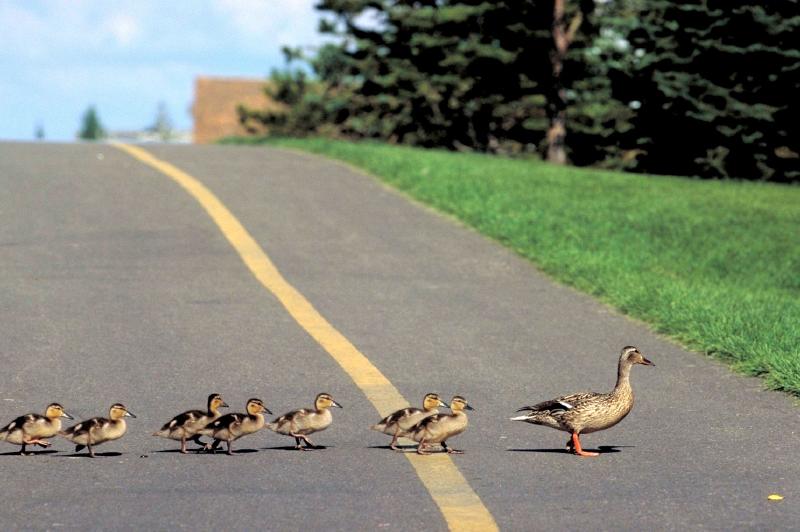.
Most mornings, it is dark when I get up. The light comes later.
By ritual, I go to the bathroom, take a leak, ingest prescribed meds, grab a cup of coffee, do some mild exercising on the porch, and then come in to see what the computer coughed up overnight. Email, a Zen Buddhist bulletin board, a blog or two, and a news site.
Every day the email box seems to be equally weighted -- some jokes, some connections, some spam that has sneaked through and then five-six-seven-fifteen comments on the
Eido Tai Shimano blog topic that will not die. Endless. The topic is filled with expressions of thoughtfulness, love, rage, incoherence, megalomania, elucidation, suggestions, investigation, debate, crankiness, connection, hope, despair, belief, frustration, illustration ... and I read the additions each morning: Like some child whose conception I took part in, I am responsible for starting the topic so it is up to me to sleep in the bed I made, or anyway that's how I feel about it.
Endlessness is not so unusual, but it's interesting how the mind nags and natters, looking to put a period on sentences that have no end. Intellectually, it would be nice to find a solution, a the-end, but watching things happen in this life means facing up to the endlessness of everything. An odd juxtaposition, an endless debate ... and still things are just endless ... might as well relax and take responsibility.
Last night, I watched a TV show about leopards. The focal point was a female with two cubs. As the story unfolded, one cub was killed, perhaps by a baboon, perhaps by another leopard, perhaps ... well, there was no knowing. The mother leopard found the body of her cub, dragged the body to a certain place, licked it a couple of times and then moved on with her remaining offspring. The death of one cub meant the dynamic between the mother and her remaining offspring shifted, grew seemingly more affectionate. And then it was time for the second cub to take care of himself and for the mother to find a new mate and a chance for more cubs.
Except for the patience and effort of the movie makers, who would have known the cub died? Who would have known the other cub moved out? Who would have known the mother would move on in her mating ways? A small matter writ large by being on television. But otherwise?
It made me think that everyone picks a concern or two and is truly devoted to it ... but in the wider scheme of things, the importance falls away. Not that the universe is morbidly indifferent and we should wail at the uncaring nature of that universe. But there is just movement which we invest with importance ... it's small and perhaps entirely unknown and yet it is integral and in that integrated moment, the mind calls it essential ... which it is ... and yet there is no need for our minds to call it that.
Happiness is endless. Might as well get on the bandwagon.
.





